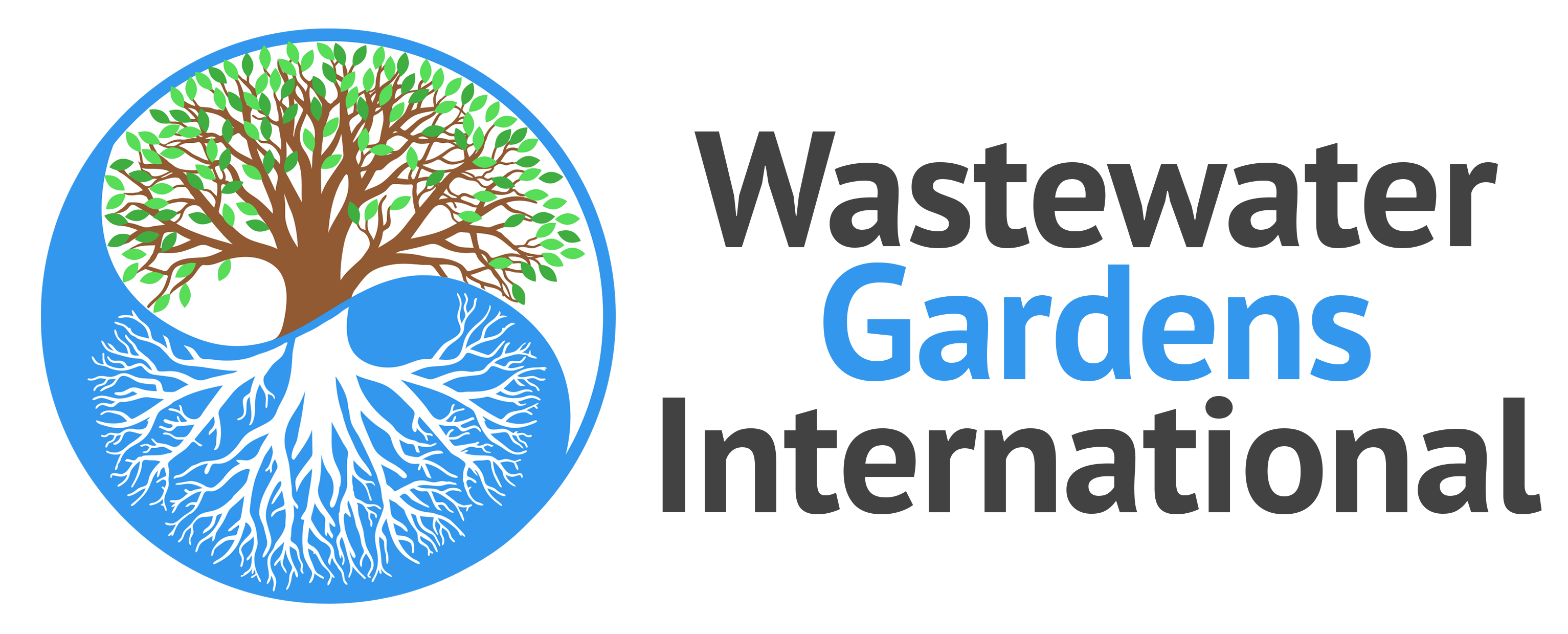Our team is internationally committed to spreading constructed wetland ecotechnology into the areas most in need: countries with little sanitation infrastructure, semi-desert/desert and tropical climates, ocean and/or waterways coastlines and lands where water conservation and reutilization is essential.
Each member of our network works independently but may collaborate with other members on specific projects, designing constructed wetlands being a member’s full time occupation or part of a member’s complementary activities.
Depending on project location, dimension and nature (kind of wastewater, to be integrated or not with public landascaping, kind of ecosystem receiving treated water and/or agricultural reuse, etc.), we work with a network of people and at times organizations around the world with complementary expertise who join us on a per-project basis.
We either bring together our own construction teams or work with the Client’s constructor.
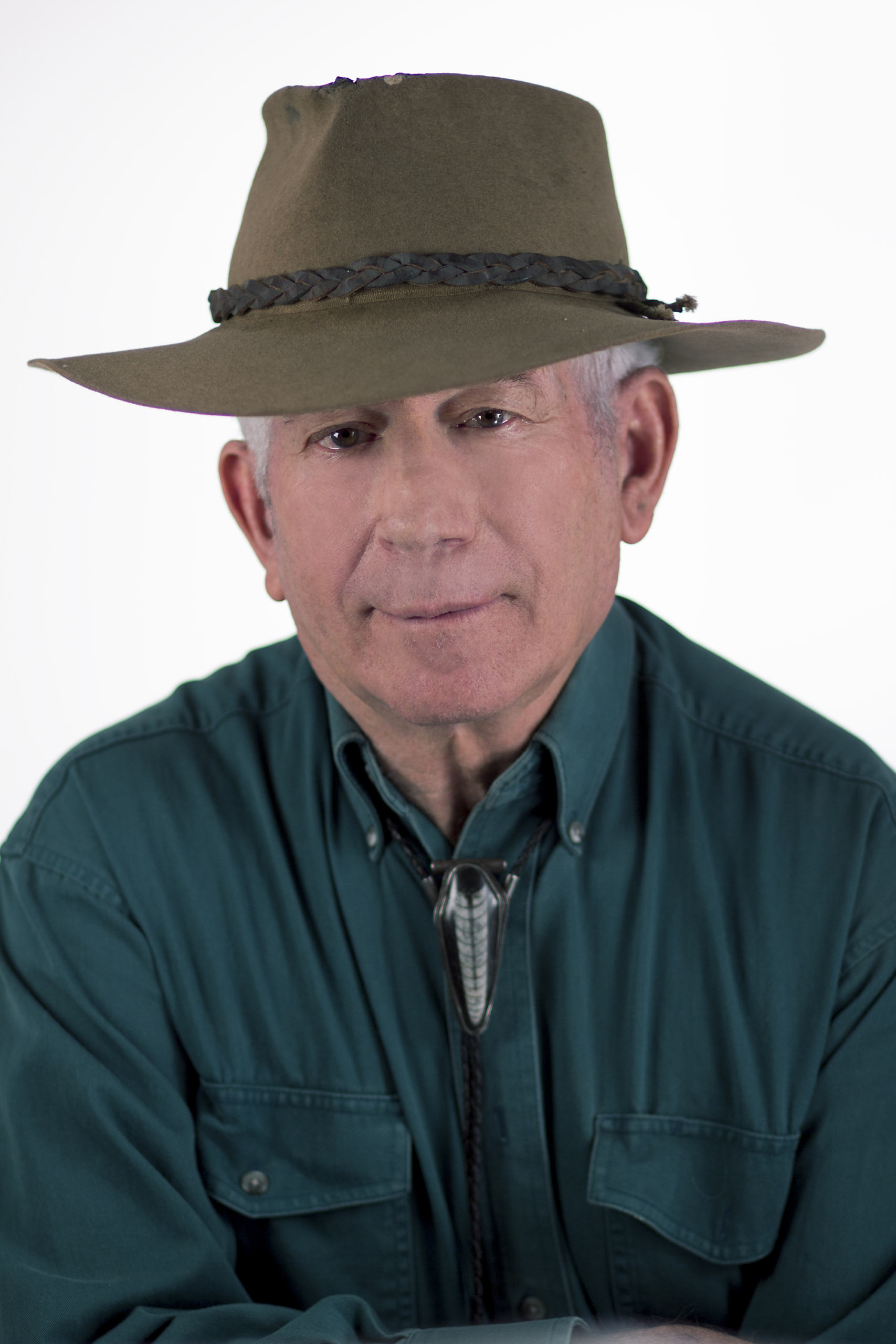
Dr. Mark Nelson
Dr. Mark Nelson is Chairman of the Institute of Ecotechnics, head of Wastewater Gardens International and has worked for several decades in closed ecological system research, bioregenerative space life support, ecological engineering, restoration of damaged ecosystems, desert agriculture and wastewater recycling.
Dr. Nelson was a member of the eight person “biospherian” crew for the first two year Biosphere 2 closure experiment, 1991-1993. The project included pioneering regenerative agriculture and waste and water recycling.
In the 1970s, he planted an organic fruit orchard at Synergia Ranch, Santa Fe NM and has helped manage its organic fruit and vegetable farm for decades.
Associate Editor of Life Sciences in Space Research, his books include “Pushing Our Limits: Insights from Biosphere 2” (2018),
“The Wastewater Gardener: Preserving the Planet One Flush at a Time” (2014).and “Life Under Glass: Crucial Lessons in Planetary Stewardship” (2020) by Mark and two fellow biospherians.

Florence Cattin
Florence has been a member of the international network of constructed wetlands designers Wastewater Gardens International (WWG) since 2003; she oversees international operations with Dr Mark Nelson and has designed sewage treatment plants in 6 countries to date. She advises in sustainable wastewater management and is an international project officer for the Institute of Ecotechnics.
She also initiated actual accounting of water consumption and excreta nutrients in all projects and has been a tireless lecturer about the basis of sustainable sanitation. She was part of the team who introduced constructed wetlands in Algeria by building the first unit to serve as a base model for subsequent wastewater treatment, today in the process of being installed at larger scale in several municipalities.
She is the author and co. author of several publications and of “sanitation fact sheets” freely available to the public. She is a trainer in horizontal flow constructed wetland design and active in calling for more action in investing and implementing in proven solutions to many of our current ecological plights.
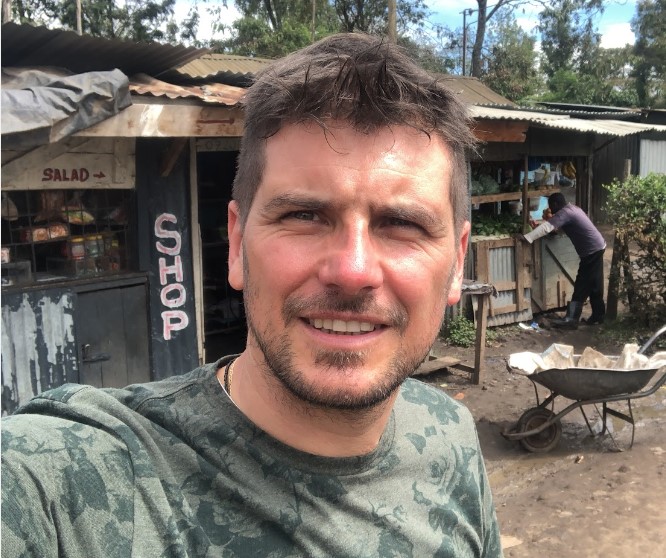
Dr. Davide Tocchetto
Dr. Tocchetto has a PhD in Environmental Agronomy and is a constructed wetland designer and researcher since 1998. He also holds a degree in Agricultural Sciences. He has designed numerous constructed wetlands treatment plants for municipalities worldwide, is a member of a university spin-off at Padova University in Italy and founder and principal editor of an on-line blog about wetlands to treat wastewater
(http://www.treatmentwetlands.blogspot.com). In parallel to constructed wetland field applications for wastewater treatment, he has conducted and published university research about horizontal, vertical, and floating wetlands for animal, industrial and human wastewaters. He is a regular participant of international meetings and conferences on wastewater treatment with passive systems and constructed wetlands. He has taught about constructed wetlands in over 45 national and international courses, seminars and workshops and brings to the WWG international network a proven expertise of many years.
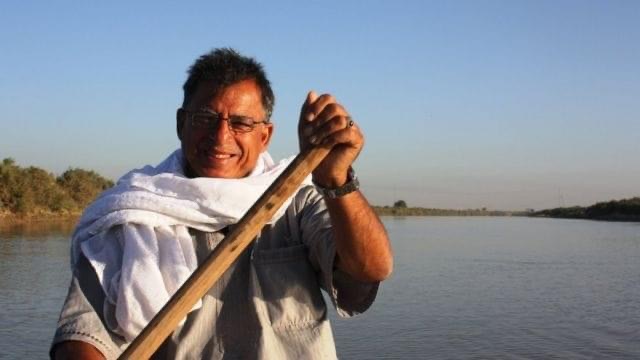
Jassim Al-Asadi
Jassim Al-Asadi, the Managing Director of the Chibaish office of Nature Iraq, born in the depths of the central marshes of the Southern Iraq in 1957, with a passion for nature since his childhood and a close friend to the local communities. He has been an engineer in the field of water resources and techniques of pumping stations for more than 30 years with government departments in the central and southern Iraq.
At Nature Iraq, he was a team leader of Socio-Economic surveys in more than 10 projects and director of field projects in different areas. Representative of the work of NGOs of Iraq in Secretariat of the Ramsar in Switzerland since 2009. He has had many activities in the field of advocacy for water for the Marshes and the Iraqi Wetlands from 2008-2015, such as the Tigris Flotilla 2012-2013 and Dry lakes in Turkey in 2013.
Jassim participated in the Management Plan for the Hawizeh Marsh Ramsar Site, Iraq in 2008 and the Management Plan for the Central Marshes National Park between 2006-2010.
He has worked to save the Hammar Marshes and Central Marshes during the drought between 2008-2010 through proposing suitable solutions and undertaking activities with the locals and stakeholders. Throughout the last twelve years, He participated in a number of international meetings and conferences about the Iraqi wetlands held in Switzerland, Italy, Jordan,Turkey, Singapore and Egypt additional to the different national meetings and conferences for water and marsh issues. He also participated in preparing studies and surveys about the green villages and the Strategic Plan for the Wetlands, the architectural sites in South of Iraq. He has an interest in writing poetry and playing chess. His next step is establishing the Water Keeper project in Southern Iraq.
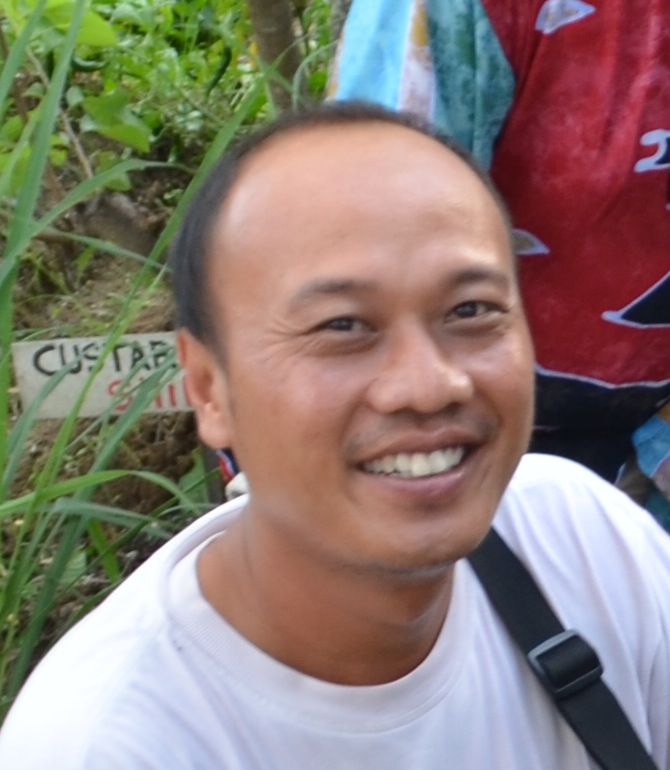
I Gede Sugiartha
Gede joined our network in 2012 with a degree in environmental engineering and a strong involvement in community development. He is also a talented film/documentary maker and was the director of IDEP media, and now of Lentera Talenta, aimed at raising awareness on crucial environmental and social issues such as disaster management, permaculture and community advocacy where he is also a trainer.
Among his numerous affiliations, he is a co.founder of Alam Santi Design, on the Board of advisors for Village Ecotourism Network Bali (JED) a member of Wisnu Foundation and of the network Indonesian Volunteer for Social
Movement (INVOLVEMENT) – INSIST. Multifaceted and strongly committed to the sustainable development of his native Indonesian Bali province, Gede is a driving force in implementing constructed wetlands, both for the private-sector and community-based sanitation, in Bali and in the surrounding region.
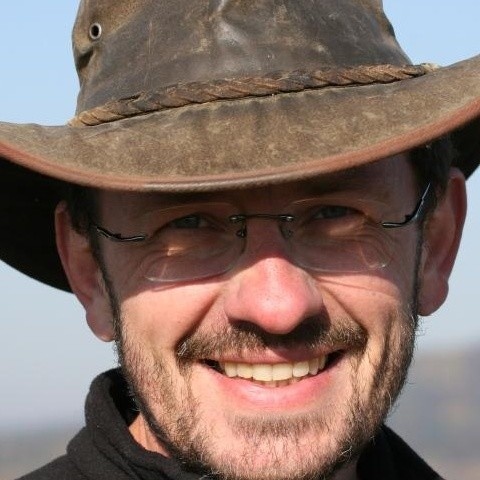
Dr. Andrzej Czech
Dr. Andrzej Czech was a driving force in the establishment of the Carpathian Heritage Society in April 1999. It developed into a constructive organisation, which actively participates in the protection and rebuilding (rejuvenation) of the natural and cultural environment of the Carpathian Mountains.
Sustainable development is the foundation of its activities as a chance for present and future. A Ph.D. graduate of Jagellonian University in Krakow, his dissertation research centered on the reintroduction of the beaver to the areas. Andrzej, working in conjunction with Wastewater Gardens International, established the first pilot-project demonstrations of the technology in Poland at the Magursky National Park University field station and in the Tri-Lateral Biosphere Reserve in the Carpathians near Lutowiska.
